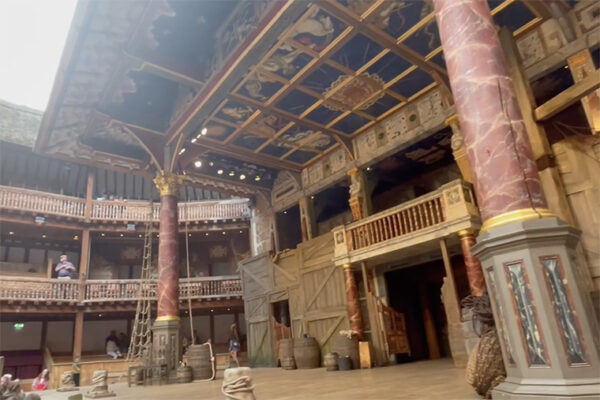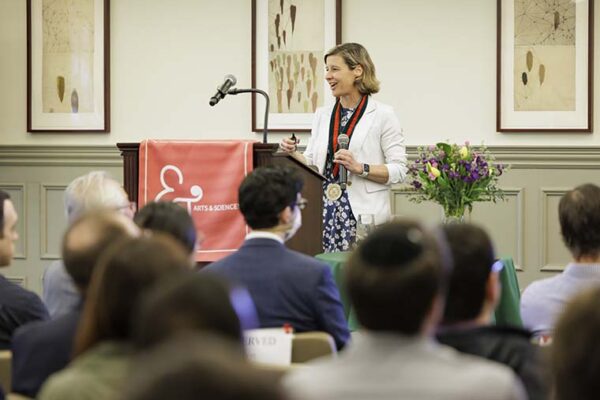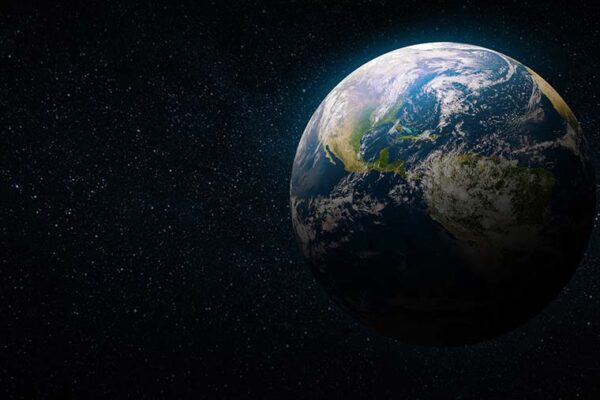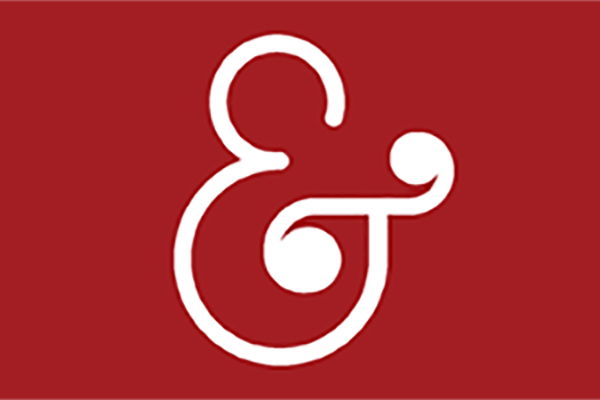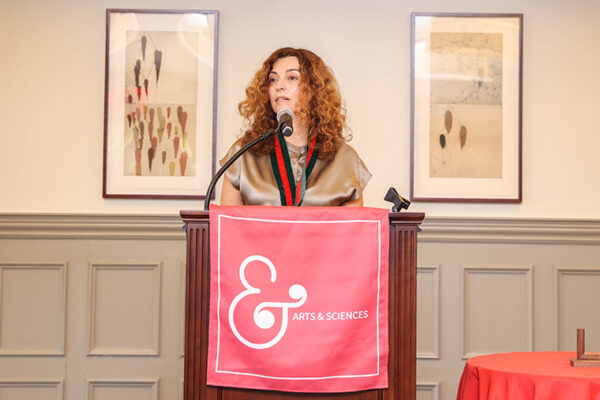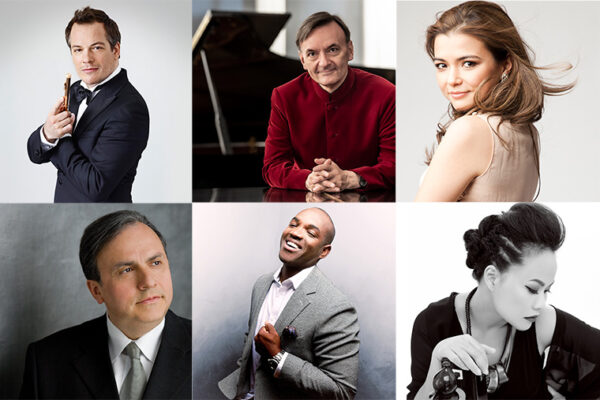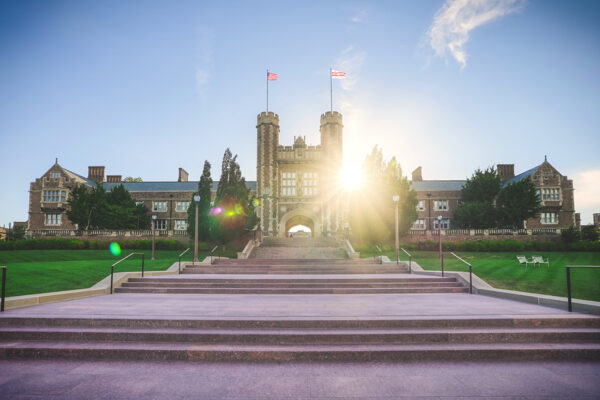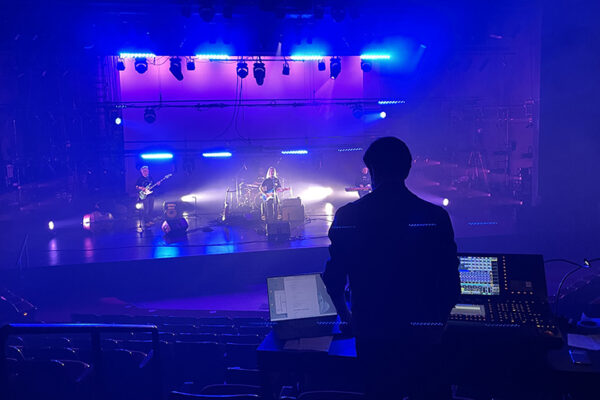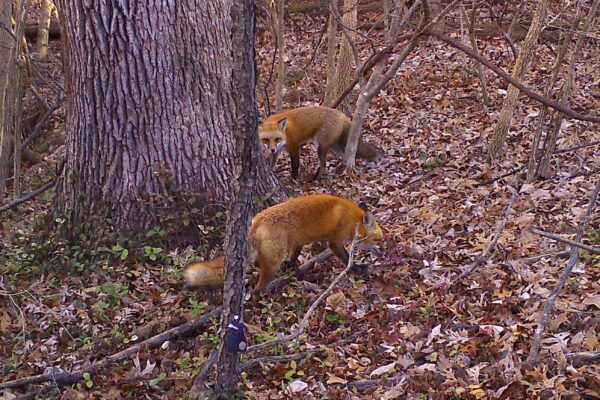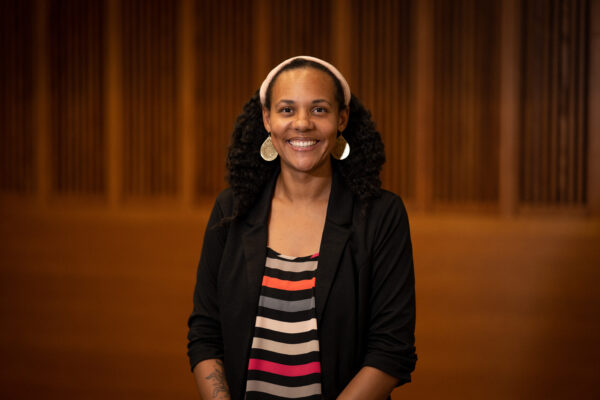Field Notes: London Globe
Last summer, 18 WashU students traveled to London for an intensive three-week program at Shakespeare’s Globe Theatre. Here, Claire Sommers, a lecturer in Arts & Sciences, describes the program’s aims and what it means to explore the places that shaped the Bard.
Heemstra installed as Charles Allen Thomas Professor in Chemistry
Jennifer Heemstra was installed as the Charles Allen Thomas Professor in Chemistry in Arts & Sciences at Washington University in St. Louis during a ceremony April 10 at the Whittemore House. Her lab is focused on harnessing the capabilities of proteins and nucleic acids to address unmet needs in biomedicine and the environment.
Astronomers share climate-friendly meeting solutions
Carbon emissions associated with air travel to professional conferences make up a sizable fraction of the emissions produced by researchers in academia. Andrea Gokus, a McDonnell Center postdoctoral fellow in Arts & Sciences, is advocating for astronomers and others to reduce those emissions.
Arts & Sciences presents alumni, dean’s awards
Arts & Sciences recognized four alumni and a friend of the school for their achievements, service and commitment to the liberal arts during its Distinguished Alumni Awards dinner, held April 11.
Parvulescu wins $1.2M European Union grant
Anca Parvulescu, the Liselotte Dieckmann Professor in Comparative Literature and a professor of English, both in Arts & Sciences at Washington University in St. Louis, will serve as principal investigator for a $1.2 million grant exploring the history of comparatism and the origins of the comparative method.
Washington University announces 2025 Great Artists Series
The Department of Music in Arts & Sciences will host six performances by internationally renowned artists as part of the 2025 Great Artists Series.
Faculty named to American Academy of Arts & Sciences
Four Washington University in St. Louis faculty are among 250 newly elected members of the American Academy of Arts & Sciences, one of the nation’s most prestigious honorary societies. They are John Atkinson, MD, Pauline Kim, Adia Harvey Wingfield and Jeffrey Zacks.
The art of lighting design
“Retina Burn” is an annual concert designed to showcase the skills that student lighting designers have learned during their studies in the Performing Arts Department. This year’s event will return April 25 to Edison Theatre.
How gentrification impacts urban wildlife populations
Researchers from Washington University in St. Louis and University of Health Sciences and Pharmacy in St. Louis contributed to a national study that identifies how gentrified parts of a city have notably more urban wildlife than ungentrified parts of the same city.
Leath to receive early career award
Seanna Leath, an assistant professor of psychological and brain sciences in Arts & Sciences at Washington University in St. Louis, has been selected to receive the Society for Research on Adolescence’s Early Career Award.
View More Stories
